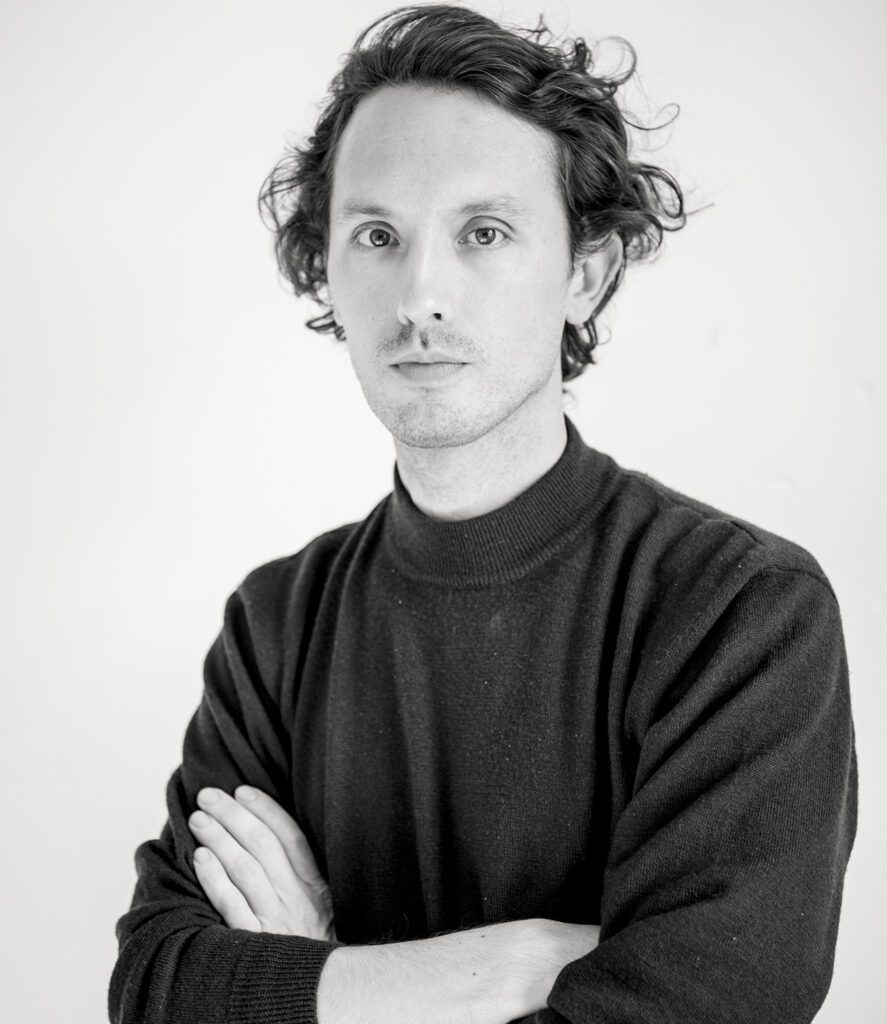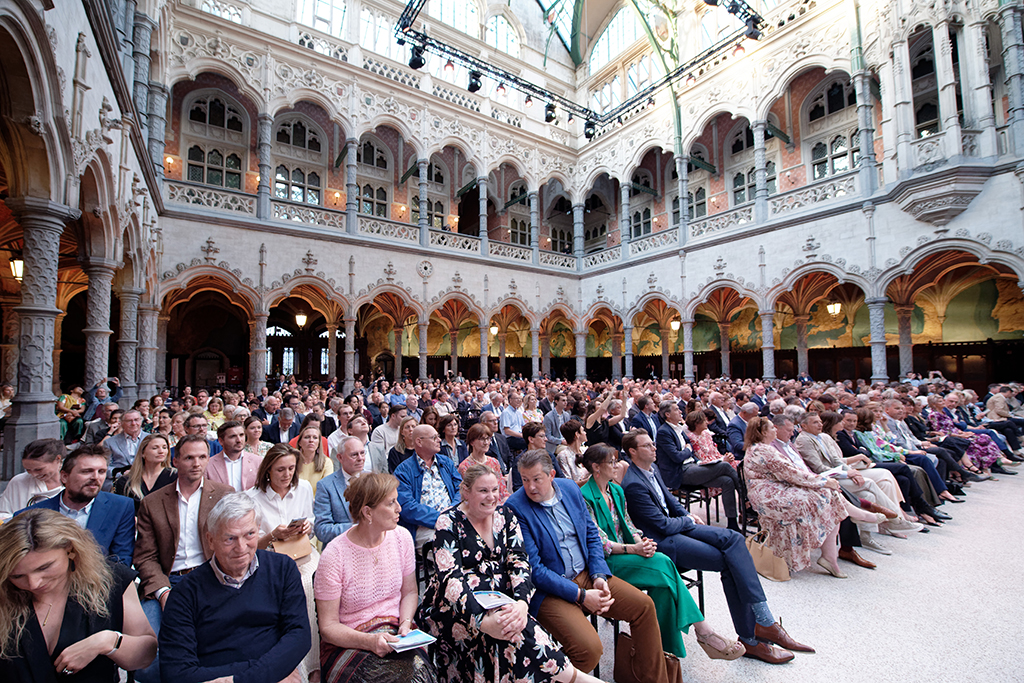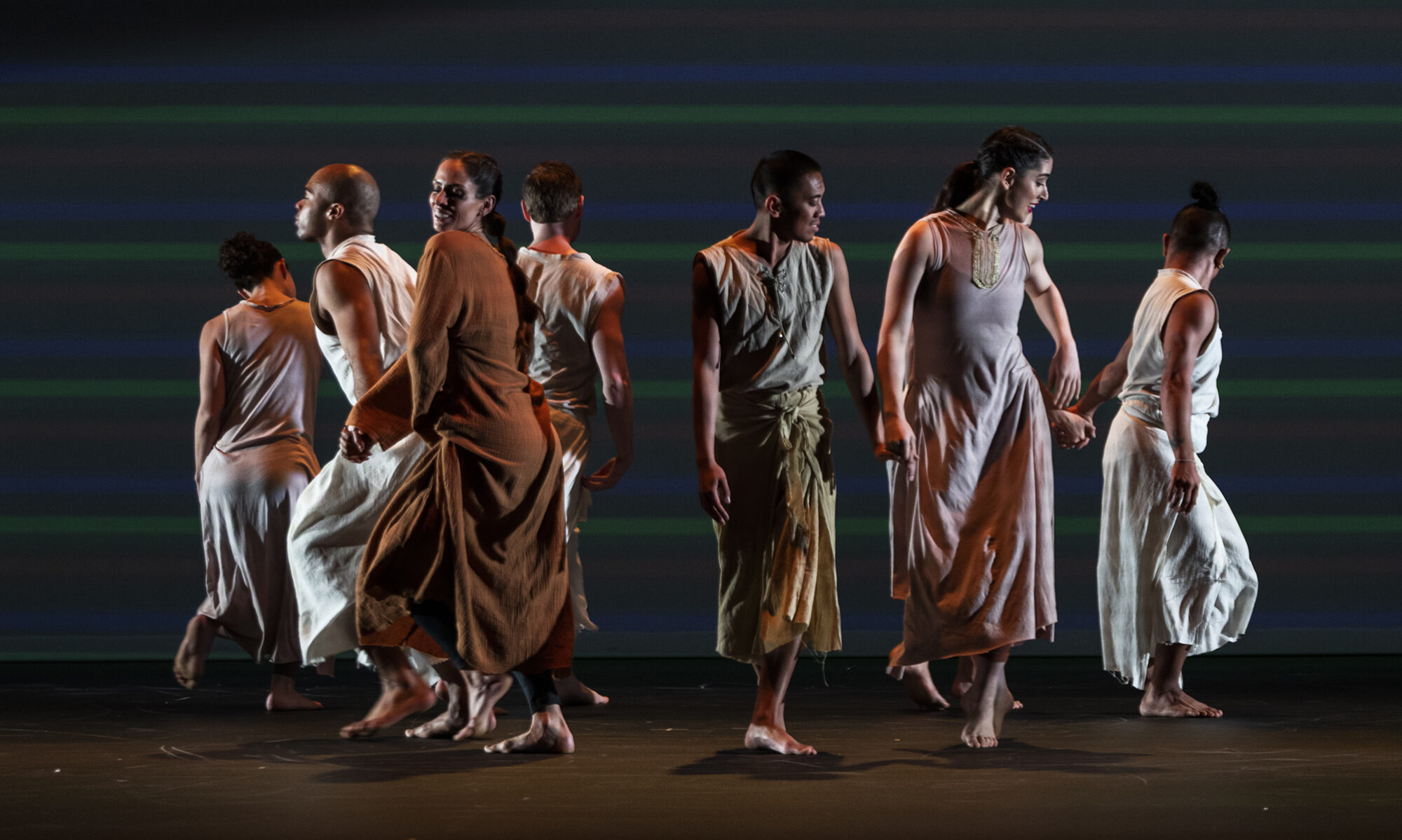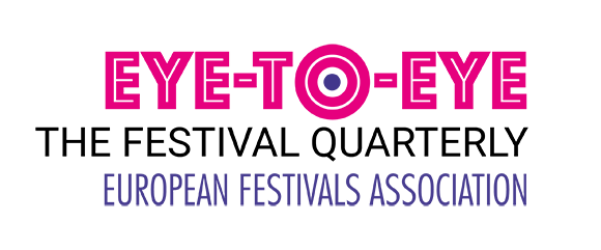Creating “nets” instead of “networks”

Horacio Pérez is a curator and creative producer of performing arts from Chile. He has a Bachelor of Fine Arts from the Theatre Department of Universidad de Chile, and a Master of Arts from New York University. His professional practice is related to artistic mobility and international programming, promoting exchanges between Latin America and the rest of the world.
He has worked in festivals and institutions like Teatro a Mil International Festival and the Theatre Department of Universidad de Chile (Santiago), The Festival Academy (Montreal, Nicosia), Próximamente festival at KVS (Brussels) and The Public Theater (New York), and has toured with Latin American artists Tamara Cubas, Bonobo and Teatro La María in more than 20 international festivals.
As a Latin American cultural manager whose practice is related to artistic mobility and international exchange, I often work in English instead of my native Spanish. Anyone who talks and writes in a foreign language knows that translation can be tricky and exhausting but it can also be funny or poetic. Sometimes a word in one language doesn’t exist in the other; in Spanish, for example, there is not literal translation for words like ‘awareness’ or ’embodiment’. Sometimes a word has different meanings or multiple translations, so if I translate ‘morning’ to Spanish it is given as mañana, but if I translate it again to English, mañana also means ‘tomorrow’. And this can be replicated in all the multiple languages spoken in different parts of the world.
Personally, I think these nuances can often create playful possibilities that allow us to re-signify existing concepts or even invent new words. Sometimes I construct sentences with words from both languages in my head, or I invent words that are rooted in one language and I adapt them to the other. In this beautiful chaos of language, there is one word that often appears in my job that doesn’t have a literal translation: ‘networking’. In Spanish we use the word networking in English, as an Anglicism. Like ‘awareness’ or ’embodiment’, when a word doesn’t exist in your language you must search and find combinations of words that explain its actual meaning.
In Spanish, the word ‘network’ is translated as ‘red’, which – if translated back to English – literally means ‘net’. In that sense, when we talk about networks, the word red refers to a net that doesn’t involve work. This is a very personal and non-academic interpretation from my part (and someone could argue that I am over-complicating a simple translation, and they would probably be right). But even if networking is usually job-related, and it always requires a certain amount of work, I think that if we take the work out of the equation we can approach the practice of connecting with others from a more horizontal and collaborative perspective, that goes beyond work that we have to do, and is related to a structure that we build together: an ever-expanding weave in which we operate as knots tying different threads.
The word ‘red’ can be used in relation to a certain context, because nets can have multiple uses or purposes. We can talk about a red de apoyo (a net of support) or a red de colaboración (a net of collaboration), or more technical uses referring to specific objects or practices, like clothes or sports. When we talk about creating or spreading networks we say construir or armar redes, which can be translated as ‘constructing’ or ‘assembling nets’, referring to the act of knitting a fabric. Another expression close to networking would be trabajar en red, but even then, the literal translations would be ‘working as a net’ or ‘working within a net’, which feels like a much more interesting approach to collective work.
A net is a physical structure that connects strings, threads, or wires; a tissue able to grow and widen. It must be firm and well-constructed, so it can drag, carry, contain, accumulate, or protect certain matters. More than a work, to build a net is a craft.
A few weeks ago, I attended the EFA Summit in Girona – itself an event for expanding nets. Being the only latino in a gathering of European professionals was a fascinating experience because it allowed me to ask, learn, and observe a reality that’s very different from mine. Many people approached me to ask about my context: how culture and arts are organised, produced, and funded in my country. Asking questions is a pivotal aspect of constructing a net, as it allows us to understand how to connect certain threads to others, and project the multiple directions of the knitting.
Someone asked me if there was an equivalent of EFA or other networks of institutional co-operation. I answered that they exist, but they operate in different ways and scales. There are nets that connect institutions (like festivals or theatres) and professionals (like playwrights, cultural managers, stage designers and technicians; groups of individuals who usually evolve towards the creation of a guild, a co-op or any other legal structure that allows them to achieve their goals as a unified collective). In my view, the individuals or institutions that organise themselves in nets do it as a way of resistance and solidarity; they assemble for the necessity of working together and finding collective solutions to mutual challenges.
I am currently part of Fermenta, a new net of Chilean producers of performing arts. Our first meetings started by defining each other’s jobs, because being a producer could mean being a creative producer or an executive producer, being in charge of the budgets, the communications, or the distribution; sometimes people do one or the other, and usually one person undertakes all those tasks. Understanding our individual paths was the first step for creating a collective net; for it to be firm, we need to understand the materials that compose the different strings so we can tie stronger knots.
The concept of networking first appeared in my career a few years ago when I was working in PLATEA, the Programmers Week of Teatro a Mil Festival, in Chile. More than connecting potential buyers and sellers, it was about connecting human beings interested in learning about each other’s contexts and creative processes, developing horizontal dialogues, imagining ways of collaborating and helping each other. Usually, I saw curators that approached artists because they were interested in programming a show in their festivals and discussing possible tours or co-productions. But many times, a programmer approached an artist saying that although that show is not what they present, they were interested in meeting them and talking about their work. Sometimes it was just because they liked the show as a spectator, starting a conversation among peers who execute their profession from different angles. And many times, it was because a colleague or friend of their programmes the kind of work that this artist makes, offering themselves to operate as connectors. That is a fundamental way of understating the expansion of a net, because it’s not built around personal interests, but in understanding that we are smaller parts of a larger structure.
Festivals are ideal for building nets, as they promote encounters and can become a perfect setting for international exchange. International nets can be even more complex and intricate; as the threads are made from different materials, you must explore ways to knit them into one cohesive weave. We must understand each other’s cultures, histories, and backgrounds, from working conditions to aesthetic references, from their sense of humour to their habits, to find the best way to tie and connect those strings.
We are currently living in a global moment of social and political unrest, with wars, dictatorships, violence, climate crisis and fake news, so we urgently need to explore new ways of collaborating and approaching each other that address the challenges of our times. To build strong nets among colleagues, we must forget about (c)old networking practices like speed dating or business rounds and start looking at each other’s eyes. To develop new methodologies, we need to play with conventional paradigms and shake them. We need to find new words able to frame our practices and offer new interpretations, which is why I prefer to talk about creating nets instead of networks. Constructing nets is about building a community based in care, co-operation, and dialogue. Knitting nets is about connecting threads from different materials, in the same way that we connect words when we can’t find an exact translation from one language to the other.
Festival Life creates shared moments of audiences and artists, eye-to-eye


